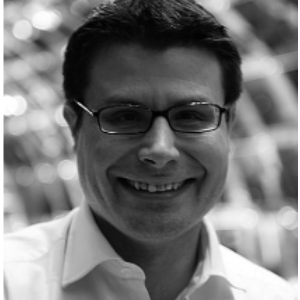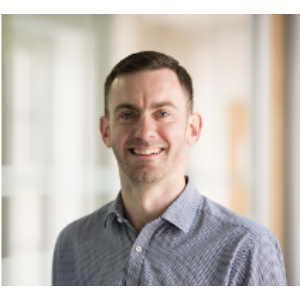Find an expert
Our panel of editors are available for interview
Professor Stephen Kaye
Editor-in-Chief BMJ Open Ophthalmology
Professor of Ophthalmology, Institute of Life Course and Medical Sciences, University of Liverpool where he leads the research into infections of the eye, Consultant Ophthalmologist Royal Liverpool University Hospital where he leads the Cornea and Ocular Surface Disease Service, Vice President of The Royal College of Ophthalmologists, Director of The Liverpool Research Eye Biobank, NHS England National lead for Corneal Transplantation, Honorary Professorship, Queens University, Belfast.
Dr James Mountford
Editor-in-Chief of BMJ Leader
Dr James Mountford is Director of Quality at Royal Free London NHS Foundation Trust. He worked initially as an NHS doctor, then in consulting. From 2005-2007, he was a Commonwealth Fund Health Foundation Harkness Fellow based in Massachusetts General Hospital, and at the Institute for Healthcare Improvement (IHI), both in Boston, USA. Before moving to the Royal Free, he was Director of Quality at UCL Partners, an academic health sciences partnership serving a population of 3 million in and around London. He sits on the board of AQuA, the improvement partnership based in north-west England. In March 2020 he was seconded to work as the Chief of Quality and Learning at the NHS Nightingale Hospital London, opened in response to the COVID-19 pandemic.
Theodora Bloom
Executive Editor of the BMJ
Theodora Bloom is executive editor of The BMJ. At the BMJ, Theo’s responsibilities include publishing, business, platform and operations as well as ethical and policy matters. She is a Co-Founder of the medRxiv preprint server, a collaboration between BMJ, Cold Spring Harbor Laboratory and Yale University, and jointly coordinates open access and open research initiatives at BMJ.
Richard Hurley
Features and Debates Editor – The BMJ
Richard Hurley is The BMJs features and debates editor, responsible for our head to head debates; features, and essays. He’s particularly interested in poverty, migration, doctor assisted dying and illicit drug policy and their impact on health.





